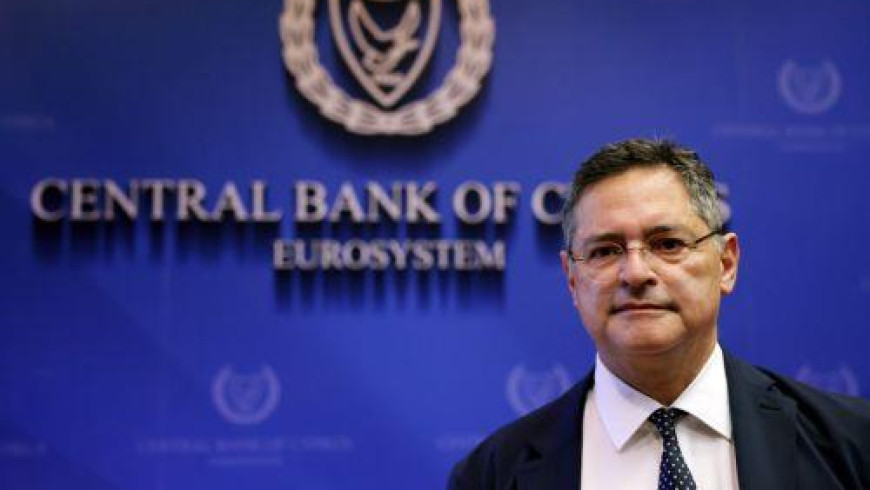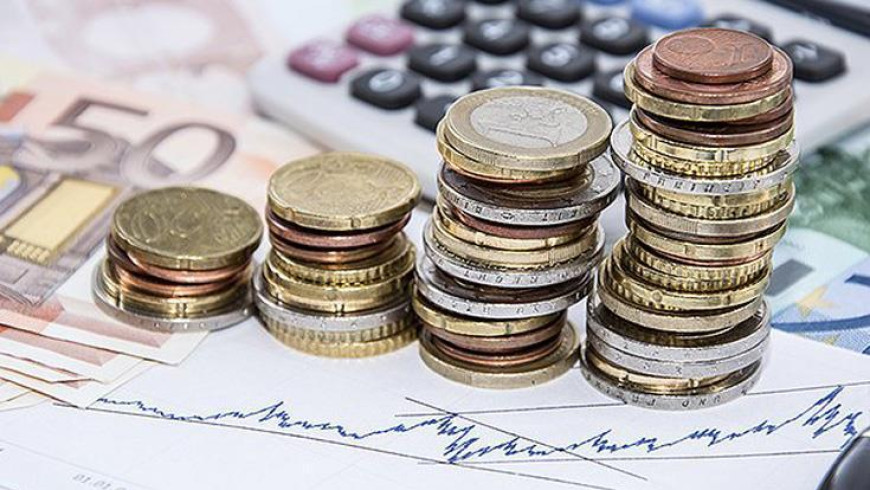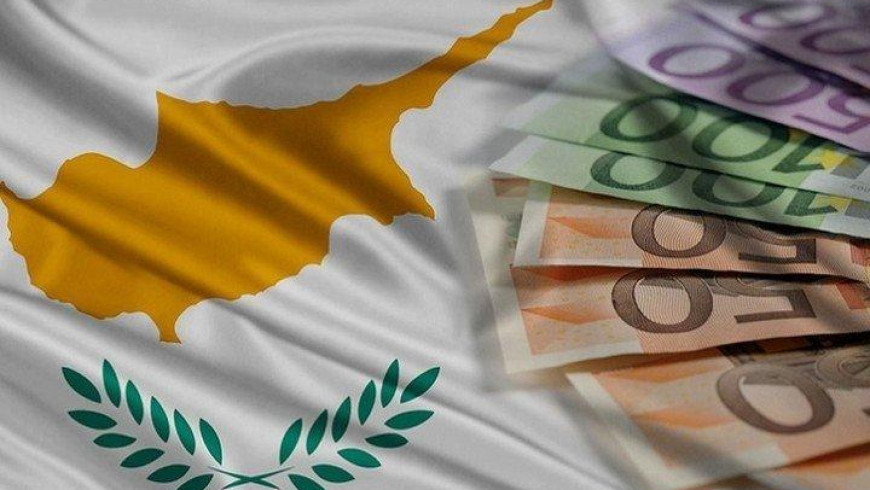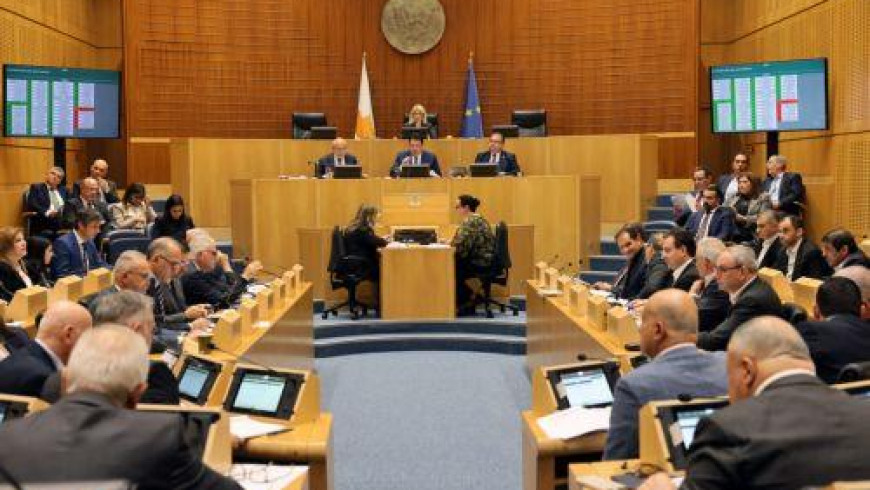
There are significant prospects for the deepening of Cyprus-Greece economic cooperation says the Greek Foreign Ministry’s Secretary General for International Economic Affairs Dimitris Skalkos. In an interview with CNA, Skalkos notes that both economies are now in a virtuous circle and need to capitalise on their momentum. Political relations between Athens and Nicosia are excellent, Skalkos says and expects that with the right push, economic cooperation may evolve to “sort of a single economic area” in the coming years.
Skalkos was in Nicosia last week, on the occasion of the 2nd Greece-Cyprus Intergovernmental Summit and the Greece-Cyprus Summit, held in parallel. The two countries’ bilateral economic relations are “excellent” he says, noting that during the last years, the volume of their bilateral international trade is constantly growing, reaching €3.9 bln in 2023.
“Cyprus is the fourth largest export market for Greek products, while Greece is the main supplier for the Cyprus market. Also, significant direct investments are being made by Greek and Cypriot businesses in the agri-food sector, banking, tourism and energy,” he says. Moreover, he notes that Cyprus is Greece’s third investment partner in inventory investment, while in Cyprus there are more than 1,500 Greek businesses active, including 100 large companies.
The Greek official says however that geopolitical tensions, the fragmentation of international trade and incidents of protectionism pose, among others, a series of questions, making imperative the strengthening of financial extroversion, in order to avert the danger of economic entrenchment.
Even within this new framework, there are always opportunities, he says, adding that this is another reason to seek for more coordination between the two economies.
Greece’s Secretary General for International Economic Affairs also notes the increasing importance over energy security issues, following the pandemic and the wars in Europe and the Middle East.
Both Cyprus and Greece move towards increasing their energy autonomy, he says and underlines their cooperation in energy interconnection and hydrogen projects, as well as energy storage through innovative technologies. He makes particular reference to Cyprus-Crete electricity interconnection, the EastMed pipeline and trilateral cooperation schemes of Greece and Cyprus, with Israel and Egypt, respectively.
As for the potential for future cooperation he says that geographic proximity and historic ties are forming the right framework to deepen economic Cyprus-Greece relations on a regional level.
“I believe that our excellent political relations may provide further impetus in our economic cooperation and perhaps, we will be able to talk about a sort of a single economic area in the coming years” he says. Skalkos refers, among others, to the potential for cooperation in information and communication technologies, agri-food, tourism, as well as shipping.
Times are “particularly propitious” to discuss ways to further promote our economic cooperation, as “our two economies have long been going through a virtuous circle and we must capitalise on our momentum.”
Both economies, having political and macroeconomic stability as their springboard, along with fiscal prudence, form a favorable business environment and emerge as attractive investment destinations, he continues.
To the extent that global uncertainty leaves no strong imprint in the global and the European economy, I deem that in the coming period we will be able to see a significant number of investment projects taking shape in both countries, Skalkos adds.
As for the new global environment following the election of Donald Trump to the White House, the Greek government official says that some electoral promises about US tariff plans “unsurprisingly cause concern” but says that we have to wait to see how they are going to be implemented. If Trump goes through with them, Skalkos anticipates that this will hurt more extroverted economies, the main economic partners of the US and the manufacturing sector.
As for the economies in Europe, he says that tariffs are expected to hit harder the economies with a strong industrial presence, such as Germany and Italy, while others, such as Greece and Cyprus will feel less pressure.














 3287.99
3287.99 1275.09
1275.09
